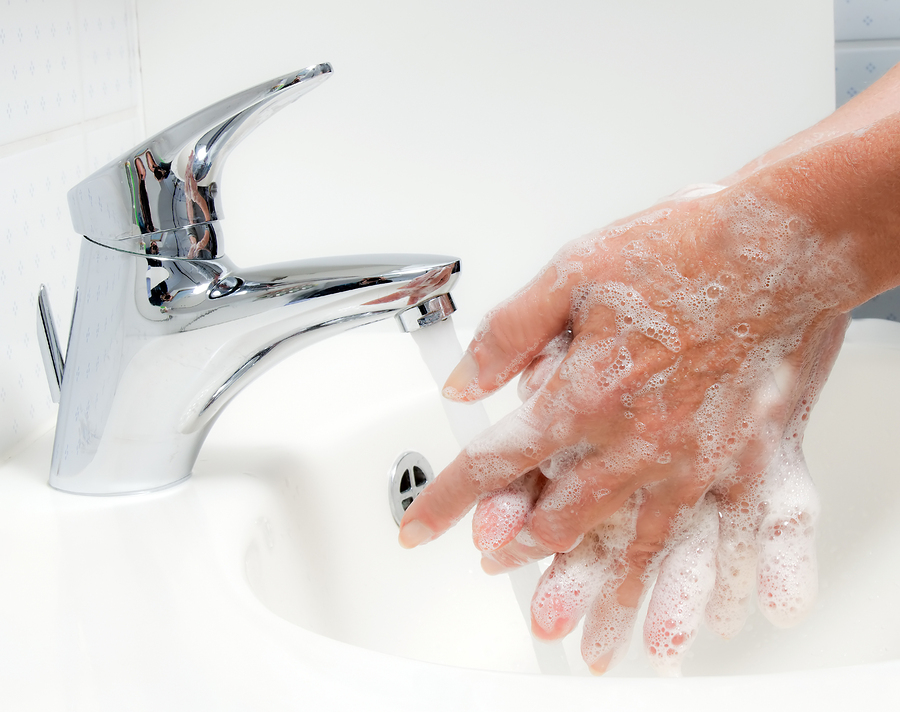Preventing the Spread of Germs
One benefit of receiving senior care at home is that they aren’t normally in an environment where they will come into contact with crowds of people and be exposed to the germs that can be commonly found in places like nursing homes and other health care facilities.

Caregiver in Glendale CA: Preventing the Spread of Germs
Even though your senior parent or loved one is receiving professional home care, there are still ways that you, your parent, and their caregivers can help to prevent germs and sickness.
Here are a few ways that you can limit the germs and help prevent your senior from getting sick in their home:
-Wash hands and encourage visitors to wash hands. Even if your senior doesn’t regularly leave their home, they should still practice good hygiene and handwashing techniques. Make sure that they are using warm water and soap every time they wash up, especially after they use the restroom and before they prepare or eat any meals.
A caregiver can supervise them if you suspect that they need assistance with self-care like grooming and washing up. Also, encourage all household visitors to wash their hands upon arriving at the home to help prevent any outside germs from affecting your senior’s health.
-Wash produce. Raw fruits and vegetables can be a source of harmful germs and bacteria such as E. coli, Listeria, and Salmonella, which can make people sick. In fact, almost half of all foodborne illnesses are caused by germs from fresh produce in the United States. It is important for whoever is preparing meals to thoroughly wash all fruits and vegetables, even those whose skin or peel will not be eaten.
-Avoid sick people. It may seem obvious, but keeping people that are sick away from your aging senior is an important part of keeping them well. If visitors or family members request to come over, make it a point to ask if anyone is sick and recommend that they reschedule for another time if they are. Some seniors have existing health concerns or immune deficiencies making it more difficult to combat infections and illnesses so it’s important to protect their health.
-Clean house. Another way to prevent the spread of gems is to be sure there is a regular house cleaning routine in practice at your senior’s home. One of the tasks that a home care aid can often help with is light housework, so wiping down surfaces and keeping certain that the bathroom is being kept clean can go a long way in cutting down on germs around the house.
-Eat Healthily. Experts say that foods do a better job than dietary supplements for the prevention of colds and flu. If your senior eats foods that are high in vitamin C, it can help to keep their immune system strong, which protects them from infections and increases the body’s ability to fight off colds and flu. Fruits and vegetables are also high in fiber, vitamins, minerals, and antioxidants.
If you or an aging loved-one are considering hiring a Caregiver in Glendale, CA, please contact the caring staff at Home Care Help. Serving All of Los Angeles County. Call Us Today (888) 989-7388
Source:
Cdc.gov
Verywellfit.com
- 5 Ways To Help Your Senior Parent Get More Fiber In Their Diet - December 5, 2024
- The Emotional Impact of Parkinson’s for Seniors Aging in Place - November 20, 2024
- Understanding Calorie Intake and Physical Activity for Senior Health - November 6, 2024
